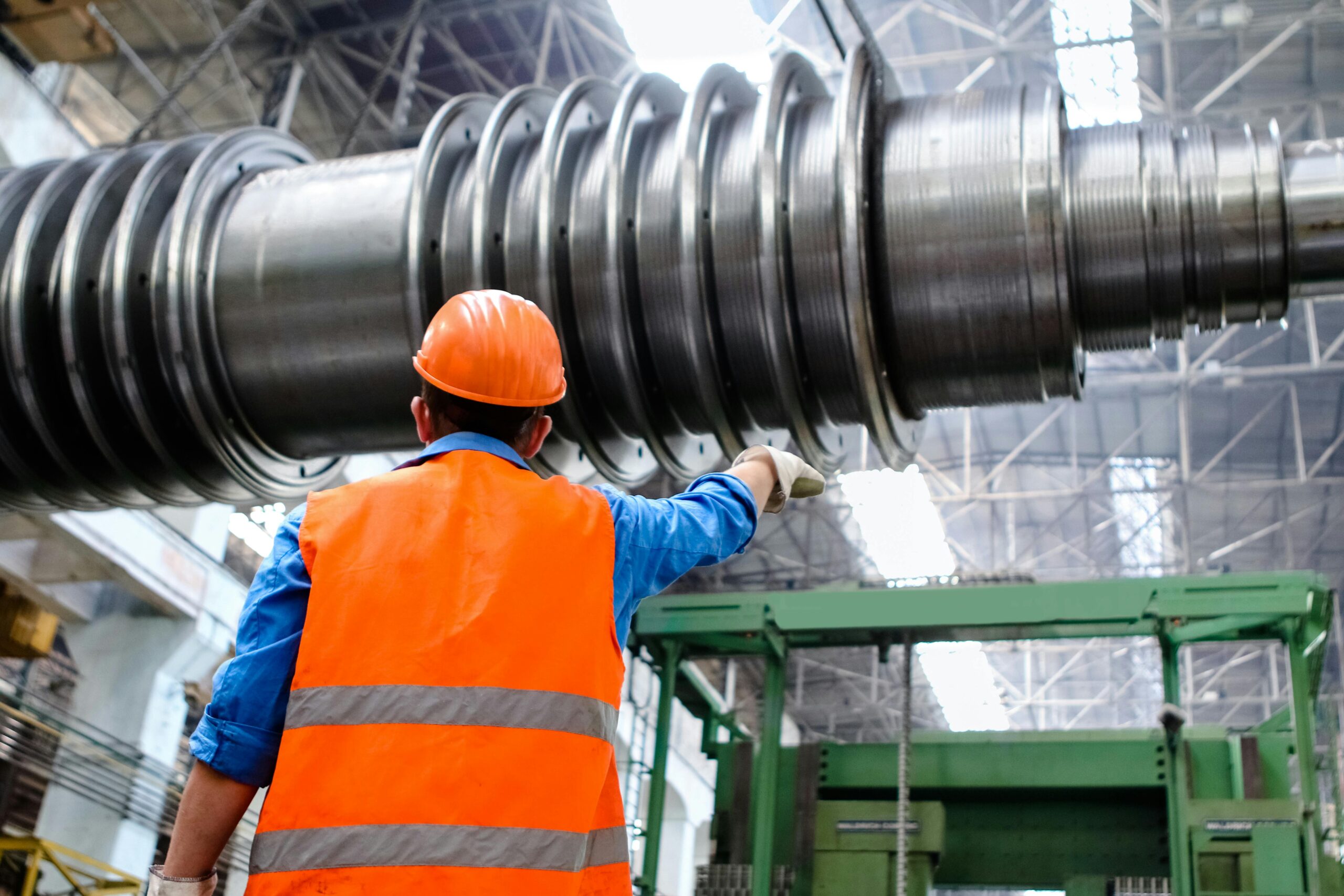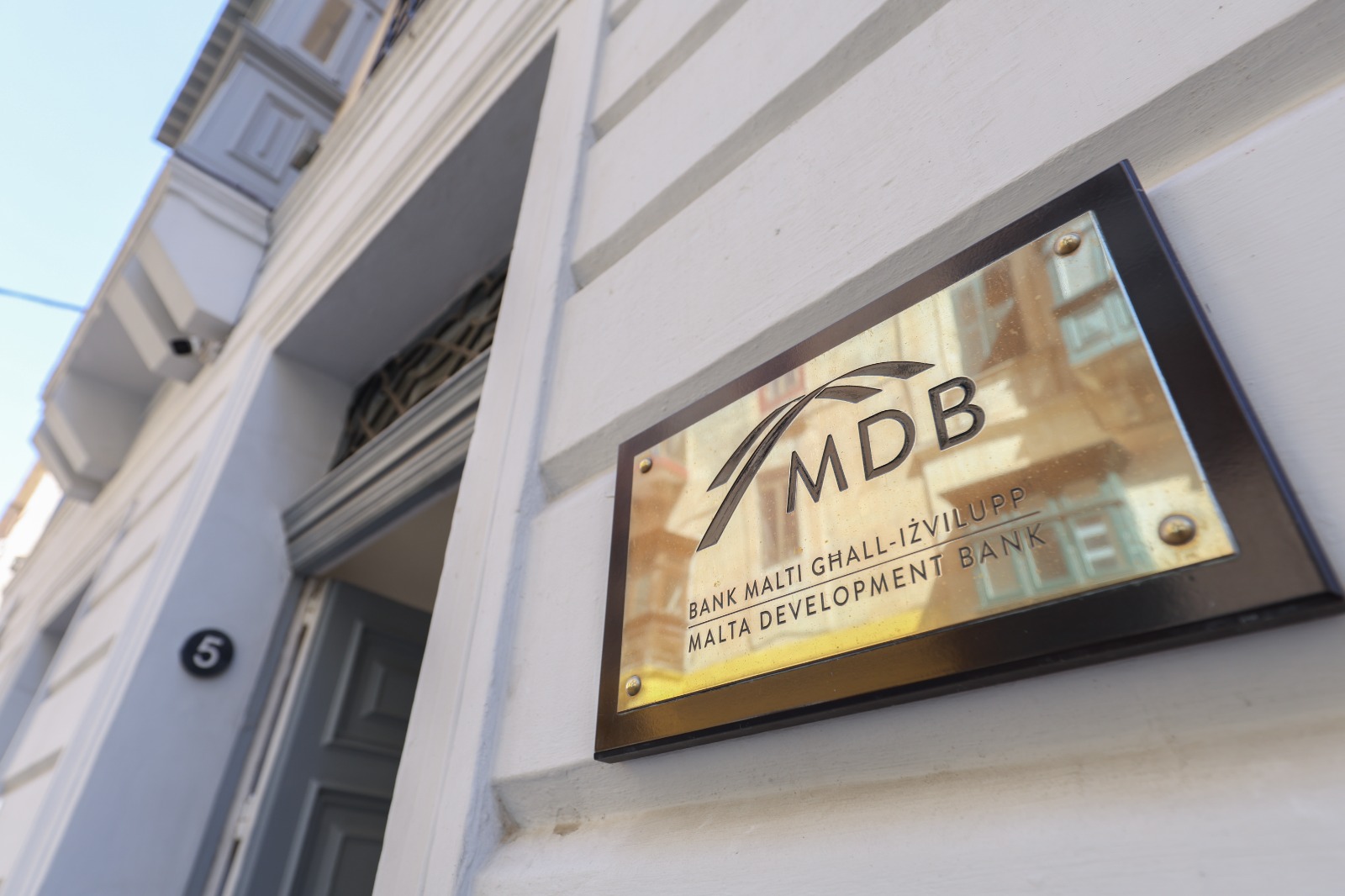Malta’s Vision 2050 places high-end manufacturing at the forefront of its strategy for long-term economic development, recognising the sector’s potential to deliver quality-driven growth, resilience, and innovation. As one of seven strategic priority sectors, high-end manufacturing is set to evolve through a deliberate shift towards Industry 4.0 and, eventually, Industry 5.0, with an emphasis on digital transformation, sustainability, and talent development.
The country’s strategic direction is clear: Move beyond traditional manufacturing and embrace smart, automated, and clean production that adds high value, supports skilled employment, and integrates into global supply chains.
Pharmaceuticals and semiconductors
The Vision identifies pharmaceuticals and semiconductors as key sub-sectors within high-end manufacturing where Malta can carve out a competitive edge. These industries are characterised by high entry barriers, strong demand, and resilience to economic shocks – making them attractive from both an investment and job creation perspective.
This focus will involve:
- Facilitating foreign direct investment from high-tech manufacturers;
- Providing tailored infrastructure and incentives for advanced production facilities;
- Encouraging closer collaboration between research institutions and industry players to boost innovation.
These measures are designed to ensure Malta can host globally relevant operations while maintaining a manageable ecological and logistical footprint.
From industry 4.0 to industry 5.0
Vision 2050 outlines an ambitious evolution for Malta’s manufacturing sector, embracing the next generation of industrial innovation:
- Industry 4.0: The immediate priority involves enabling digitalisation, automation, and the use of data analytics, IoT (Internet of Things), and robotics in manufacturing processes.
- Industry 5.0: Over time, Malta aims to transition towards a model that prioritises human-centric innovation, sustainability, and the integration of advanced technologies like AI, 3D printing, and machine learning, while enhancing worker well-being.
This dual focus reflects the need to remain competitive globally while ensuring that workers are empowered rather than displaced by technology.
Sustainable and digitally enabled manufacturing
Environmental sustainability and smart technology are woven into Malta’s high-end manufacturing roadmap. Vision 2050 commits to:
- Promoting energy-efficient processes and low-emission operations;
- Encouraging circular production models to reduce waste and resource consumption;
- Facilitating access to digital infrastructure that supports real-time monitoring, predictive maintenance, and supply chain optimisation.
Incentives may also be tied to green performance, aligning with broader EU environmental targets and investor demand for ESG-compliant operations.
Infrastructure and workforce readiness
Realising this vision will require a strong foundation in both physical infrastructure and human capital. The strategy emphasises:
- Developing specialised industrial zones equipped to support advanced manufacturing;
- Investing in STEM education and vocational training, ensuring local workers are prepared for highly technical roles;
- Strengthening public-private collaboration to align curricula with industry needs and facilitate workforce transitions.
Additionally, Malta’s policy on third-country national recruitment will be fine-tuned to prevent labour market saturation while targeting specialised talent where needed.
Construction sector to support manufacturing growth
The manufacturing transition will also influence Malta’s construction industry, which is being directed towards:
- Renovation and adaptive reuse of industrial buildings;
- Sustainable spatial planning that supports clean production and reduces community disruption;
- Building with a focus on worker well-being and operational efficiency.
These changes are expected to create spillover benefits across multiple sectors, including logistics, engineering, and building services.
Malta Development Bank unlocks major EU funding opportunities via InvestEU
To be recognised as an InvestEU partner, national promotional banks must pass a strict independent audit
Building commercial engines that scale: TRC partners with Kevin Borg
The Remarkable Collective announces a strategic partnership with Kevin Borg to strengthen commercial growth delivery
TradeMalta’s digital platform is empowering businesses to grow beyond borders
The website is continuously improved to remain relevant in a rapidly evolving trade environment






